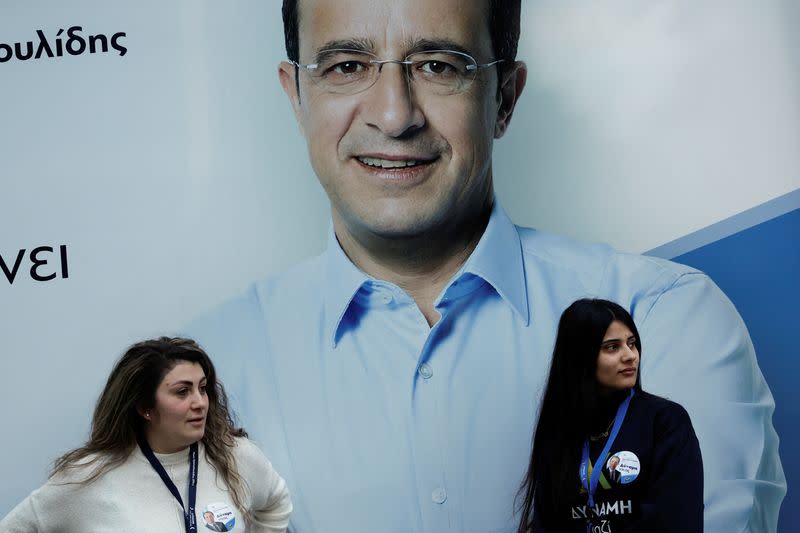Nicosia, 12 Feb. Former Foreign Minister Nikos Hristodulidis, supported by conservative forces, won the presidential elections in Cyprus on Sunday.
Jristodulidis, 49, who ran as an independent, won the election despite not having the official support of the right-wing government party DISY, of which he was a member until his expulsion for betraying the internal hierarchy .
The former foreign minister, with vast international experience, wants to usher in a “new era” in Cypriot politics with the formation of a “national unity” government to solve the problem of division of the country.
“National unity is a historic necessity which cannot be hampered by any political opportunism”, affirmed the elected president during the campaign.
Hristodulidis studied political science, economics and Byzantine studies in New York. In 2003 he obtained his doctorate from the Faculty of Political Science of the University of Athens.
A career diplomat, he served as consul to the UK, worked at the Permanent Mission of Cyprus in Brussels and served as government spokesperson between 2014 and 2018.
In March 2018, following the re-election of Nikos Anastasiadis as President, he was appointed Minister of Foreign Affairs, a position he held until January 11, 2022, when he resigned to launch his own election campaign.
Jristodulidis is running as an independent, although he was a member of the conservative DISY party until he was expelled last month for “betraying” his party.
DISY had already chosen its own leader, Averof Neofitu, as its presidential candidate, who finished third in the first round last Sunday and was therefore excluded from the second final round.
If he became president, he promised “to initiate a diplomatic effort to highlight the negative consequences of Turkish aggression” against Cyprus.
Hristodulidis, married with four daughters, insists that the basis for solving the Cyprus problem is “a bizonal and bicommunal federation”, which is the proposal of the United Nations.
His critics question the honesty of these claims, as he is running for office with the support of some nationalist parties who reject a federal system for Cyprus.
The island of Cyprus, which joined the European Union in 2004, has been divided since Turkey’s 1974 invasion of the northern third of its territory in response to a coup by Greek Cypriot nationalists who want to unite the country to Greece.

